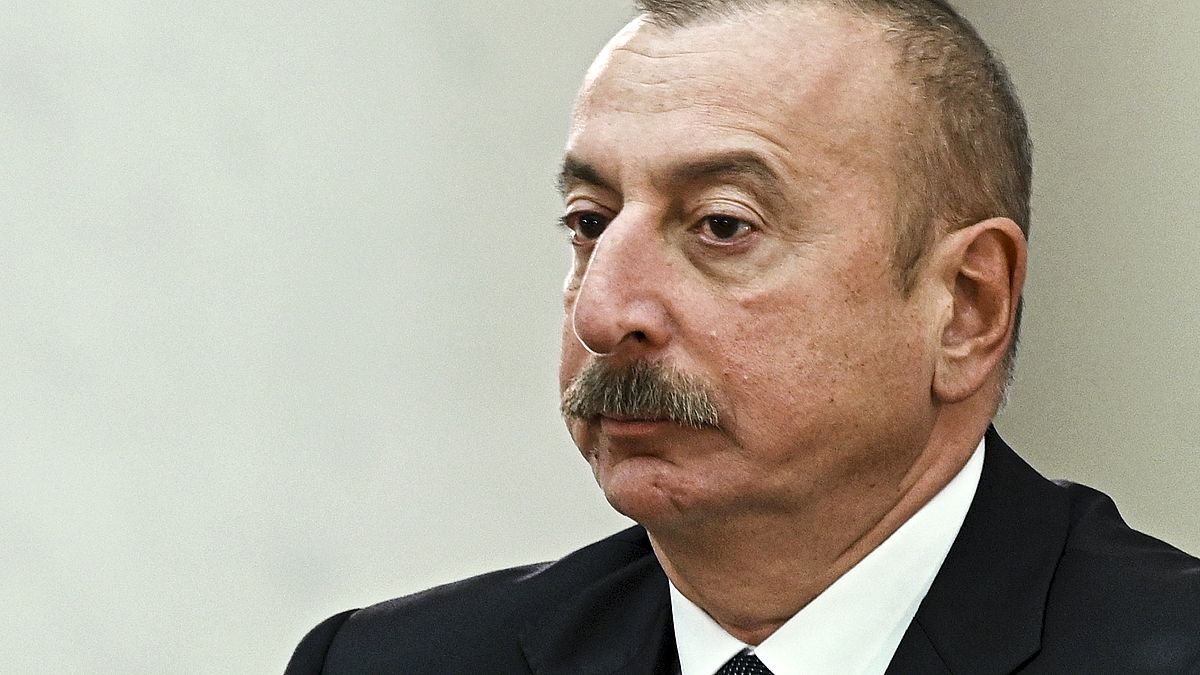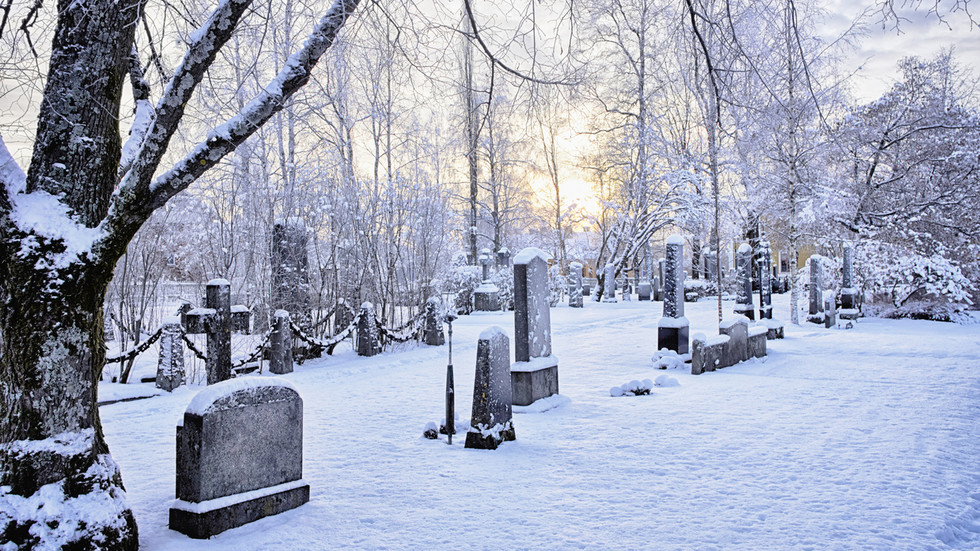Berlin's Komische Oper renovations are likely to continue as city of Berlin slashes culture budget by 10%. Director Philip Bröking says that the upcoming budget cuts are extremely painful and, for many, difficult to implement.
Berlin, arguably one of the most vibrant cities in Europe, if not the world, is home to three and a half opera houses and dozens of theatres. However, the city plans to slash millions of euros from the cultural budget.
Whilst several theatres are sounding the alarm, one of the city's opera houses has narrowly escaped a price explosion, after the cuts threatened to suspend the renovations of the Komische Oper.
In 2023, the Komische Oper closed its doors and moved temporarily to the nearby Schiller Theatre, as it was in dire need of renovation for 60 years.
Opera house co-director Philip Bröking told Euronews that "the electrical systems were failing, there was no proper ventilation and the stage technology was borderline dangerous. There was a pressing need for renovation, recognised as early as 1998."
However the Schiller Theatre has 20% fewer seats and the storage for set designs is drastically smaller meaning the opera is unable to stage several of its ambitious operas.
"Berlin is set to face a subsidy reduction of €130 million from a total budget of around €1 billion. That is disproportionately high. Berlin needs to save money—that much is clear, and everyone knows it. But when I see that €3 billion in total savings are required for 2025 and that the cultural budget accounts for 2.5% of the state's overall expenditures, logically, €75 million should be the amount saved from the cultural budget. In reality, however, €130 million is being cut, which is disproportionately high. For us, this means about 10% of our budget—around €4 million. This is very difficult to manage within a single year that is already fully planned," Bröking says.
Part of the funding for the opera house comes from the construction budget for renovations.
"If that budget is cut, we face a double blow: fewer subsidies and less funding to cover extra costs. This makes us very sceptical about the future of our institution," Bröking adds.
Berlin is regarded as extremely progressive and unique because of its generous art funding. But even if the renovation of the Komische Oper, that is due to take six years, continues, the budget cuts still affect Germany's image.
"If renovations take longer than planned—say, 10 years instead of six—it will also increase costs by €40 million per year due to inflation in construction costs. The cheapest option is to finish renovations as quickly as possible. We can manage temporarily at the Schiller Theatre, but we must return to Behrenstrasse to ensure our financial sustainability," Bröking says.
However, the likelihood of freezing the renovation is off the table, according to German media.
Culture is expensive, but part of what makes Berlin so unique is the subsidies of the arts. Bröking says 80% of tourists that visit Berlin per year visit the city's cultural offerings, so it brings a lot in return.
Berlin has already faced international criticism with its airport being completed 10 years late and being three times over budget. Berlin's Staatsoper was also 40 million euros over budget and four years late.
But "what is culture worth to Berlin?" Bröking asks.
"German history is a very difficult, complex history. And Berlin’s history, even more so. But what unites us is this immense cultural heritage, of which we can rightly be proud. We have so many venues here—playhouses, opera houses—where the conditions of human existence can be explored. These are spaces where people gather, engage in dialogue, and communicate with and about each other. There aren’t many such places. And especially in times when democracy is threatened by extreme fringes, it is incredibly important to reaffirm who we are and where we come from. And that is what we can provide," Bröking concludes.
But it's not just the culture that will be affected by the cuts. The German economy, which continues to splutter, could use a little bit of acceleration from the arts and culture, which brings in tens of millions of euros worth of revenue per year.
Komische Oper has come up with creative ways to take advantage of the renovations at its home, including a multicultural touring bus.

 1 week ago
9
1 week ago
9






 We deliver critical software at unparalleled value and speed to help your business thrive
We deliver critical software at unparalleled value and speed to help your business thrive






 English (US) ·
English (US) ·